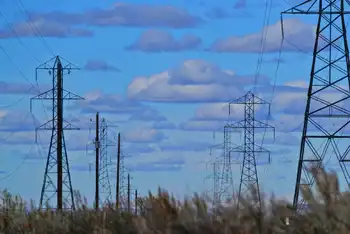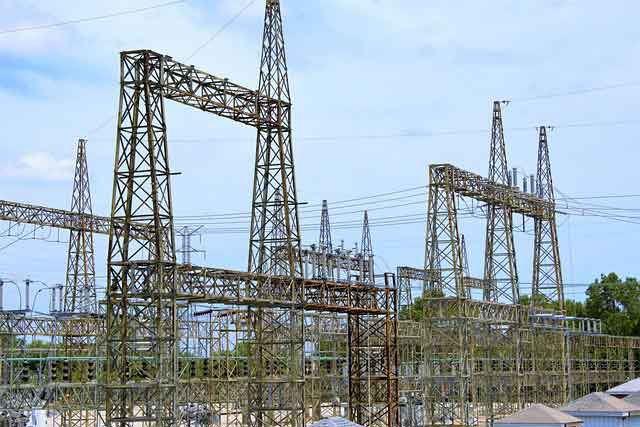UK solar incentive cap harming growth
UNITED KINGDOM - A UK government review of incentives for installations generating over 50 kilowatts of renewable energy could harm the economy and stunt a fledgling market, Sharp Corp's UK solar division told Reuters.
The government announced a review last month of the so-called Feed in Tariff FIT scheme, which pays per unit of electricity produced from small-scale, low-carbon energy.
It said it could cap the tariff at 50 KW instead of the original 5 megawatts because it is concerned that large-scale solar photovoltaic projects could take a disproportionate amount of available funding or even break the limit on total funding.
Solar developers and investors criticized the plan, with some seeking to take legal action against the government for changing the policy so dramatically.
Solar panel manufacturer Sharp has a 40 percent share of the UK's small solar market and is concerned about the new cap's potential effects on the British economy.
"We understand the concern and the financial pressures the government is under but there has to be a better figure for UK Plc," international sales manager Andrew Lee said on the sidelines of a conference in London.
"The tariff cap is at 50 KW — one hundredth of what it originally was. This doesn't allow for installations in large commercial buildings, schools and social housing projects which will cut the industry off at its knees," Lee said.
Details of the review are not expected until the summer. At best, the government could announce a transition period to the new cap or reconsider it altogether, but this is unlikely.
The solar power installation market in the UK is expected to be worth 500 million pounds US $814.3 million a year by 2015 but a 50 KW cap threatens to curb this growth, Lee said.
As a result, Sharp has adapted its approach to the UK, which represents 5 to 6 percent of the firm's total market, Lee said.
"We are not going to pack our bags and walk away, but we need to make this work in the UK," he said.
Sharp created 300 jobs at its production plant in Wrekham earlier this year, which will not be affected by the government's review, but it will be hard to create more jobs.
To make sure the UK has a workforce to deliver hundreds of high-quality but affordable solar systems below 50 KW, the firm also opened a training academy near its production plant.
"There is potential for further growth, not just based on the UK market but on the pan-European market," Lee said.
Demand in Germany has lessened as a result of a feed-in tariff drop and a colder-than-expected winter but Lee expects this to pick up before the next feed-in tariff cut in July.
Italy remains the most attractive European country right now for solar power as its market has grown significantly, he said.
Related News

Manitoba's electrical demand could double in next 20 years: report
WINNIPEG - Electrical demand in Manitoba could more than double in the next 20 years, according to a new report from Manitoba Hydro.
On Tuesday, the Crown corporation released its first-ever Integrated Resource Plan (IRP), which not only predicts a significant increase in electrical demand, but also that new sources of energy could be needed in the next decade.
“Right now, what [our customers] are telling us, with the climate change objectives, with federal policy, provincial policies, is they see using electricity much more in the future than they do today,” said president and CEO of Manitoba Hydro Jay Grewal.
“And our current,…




